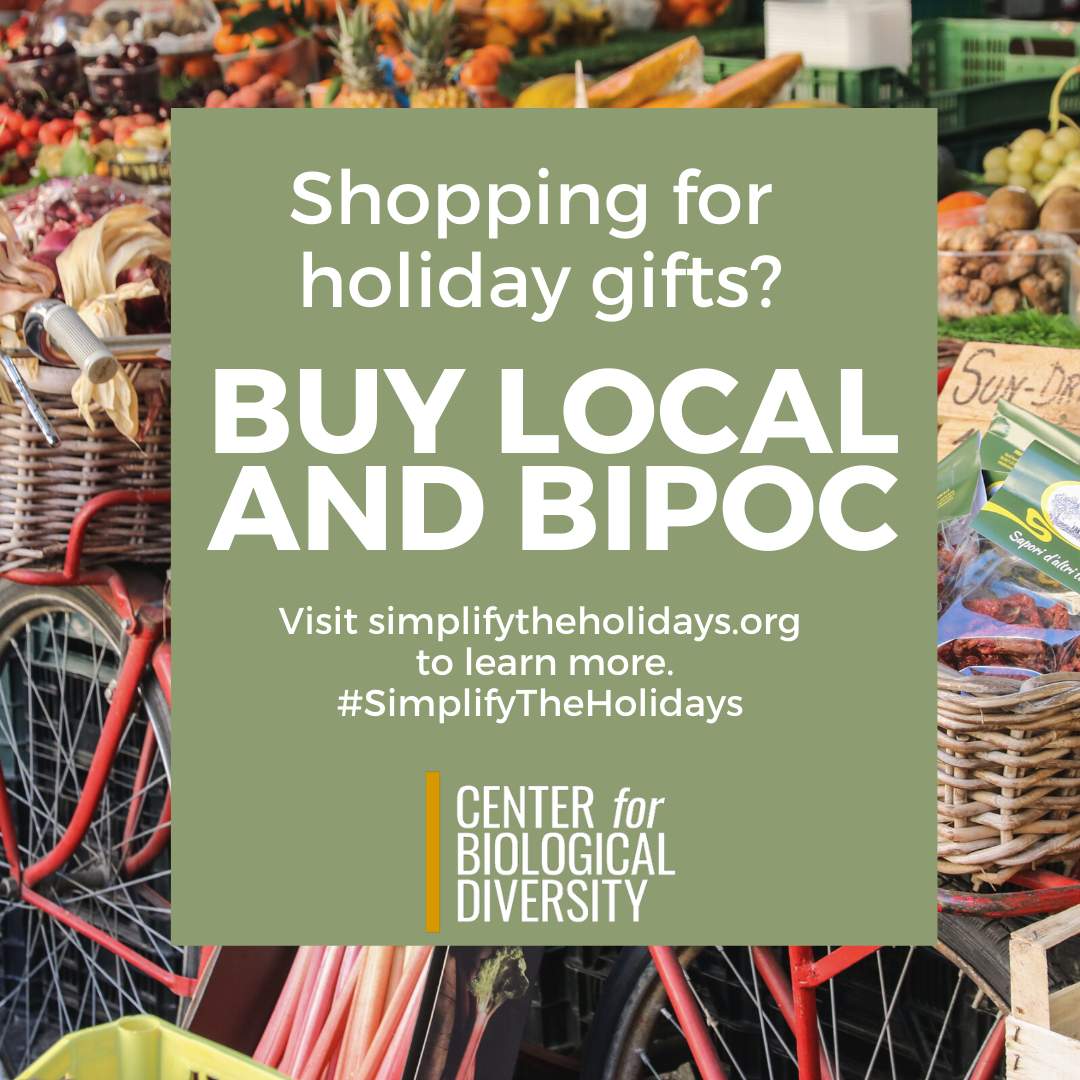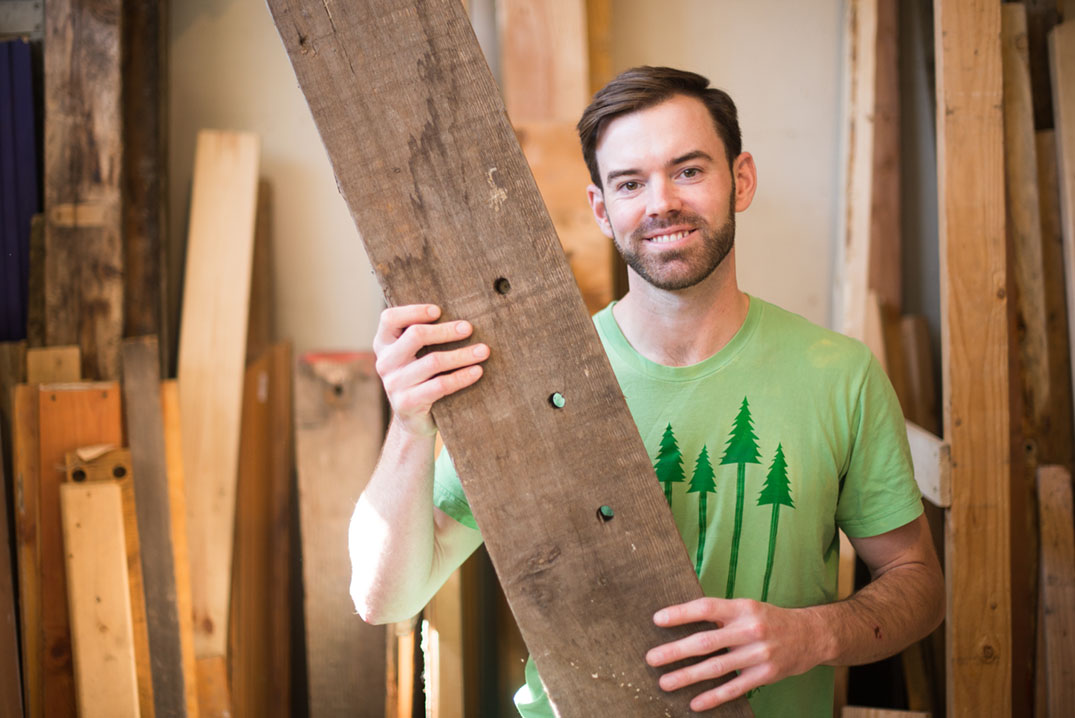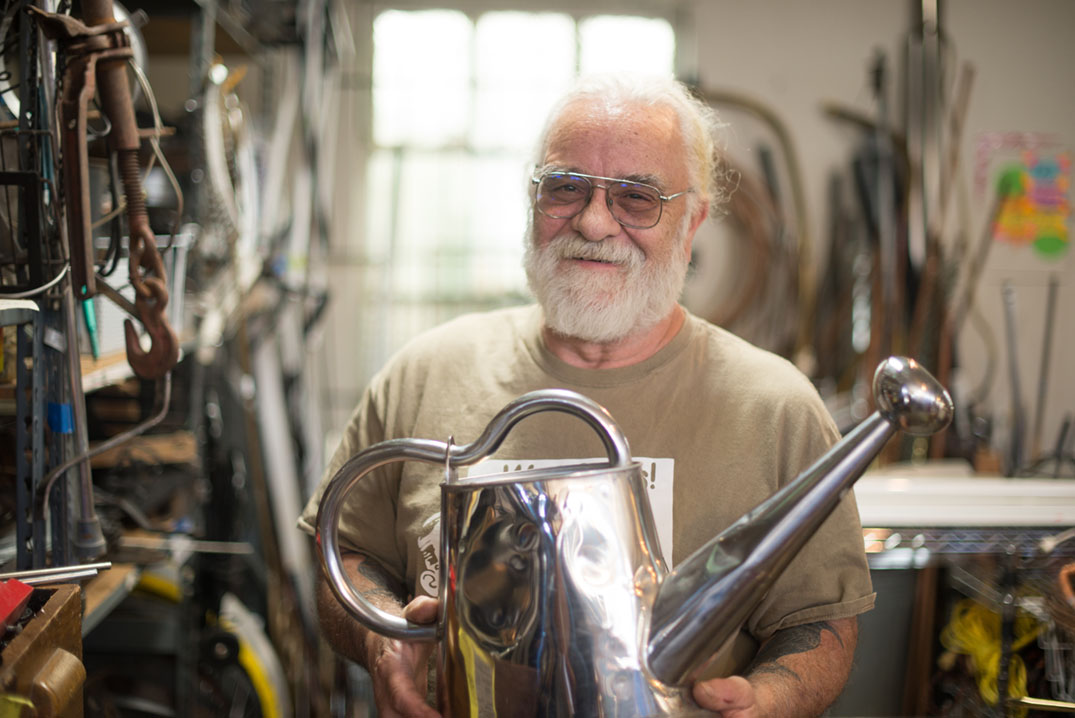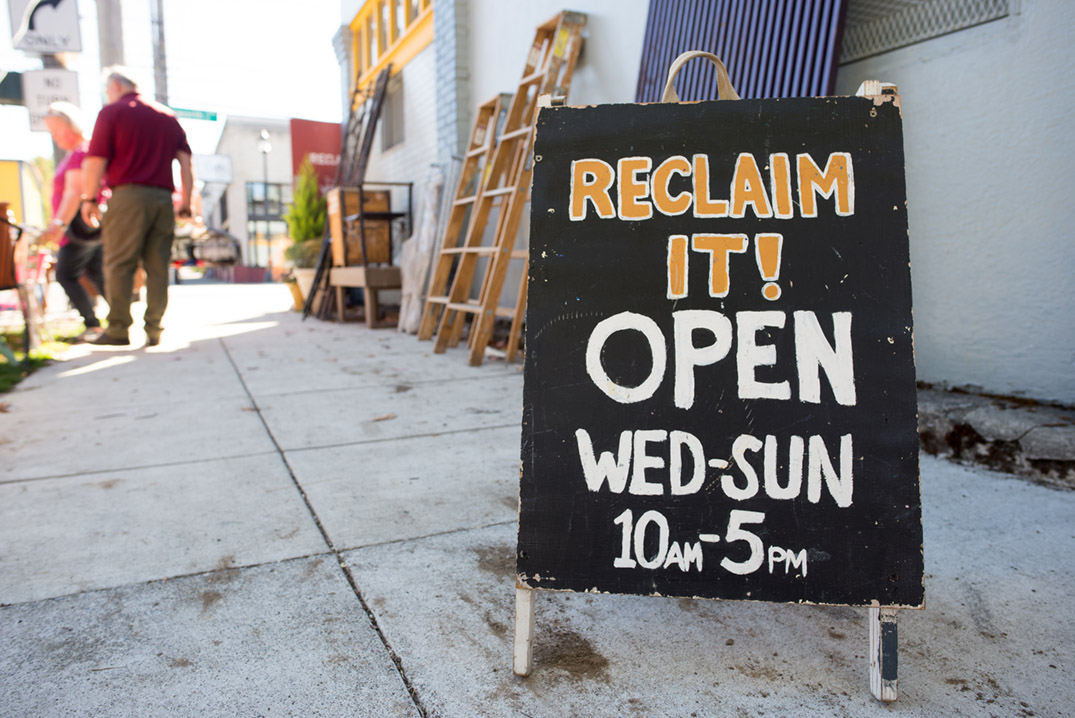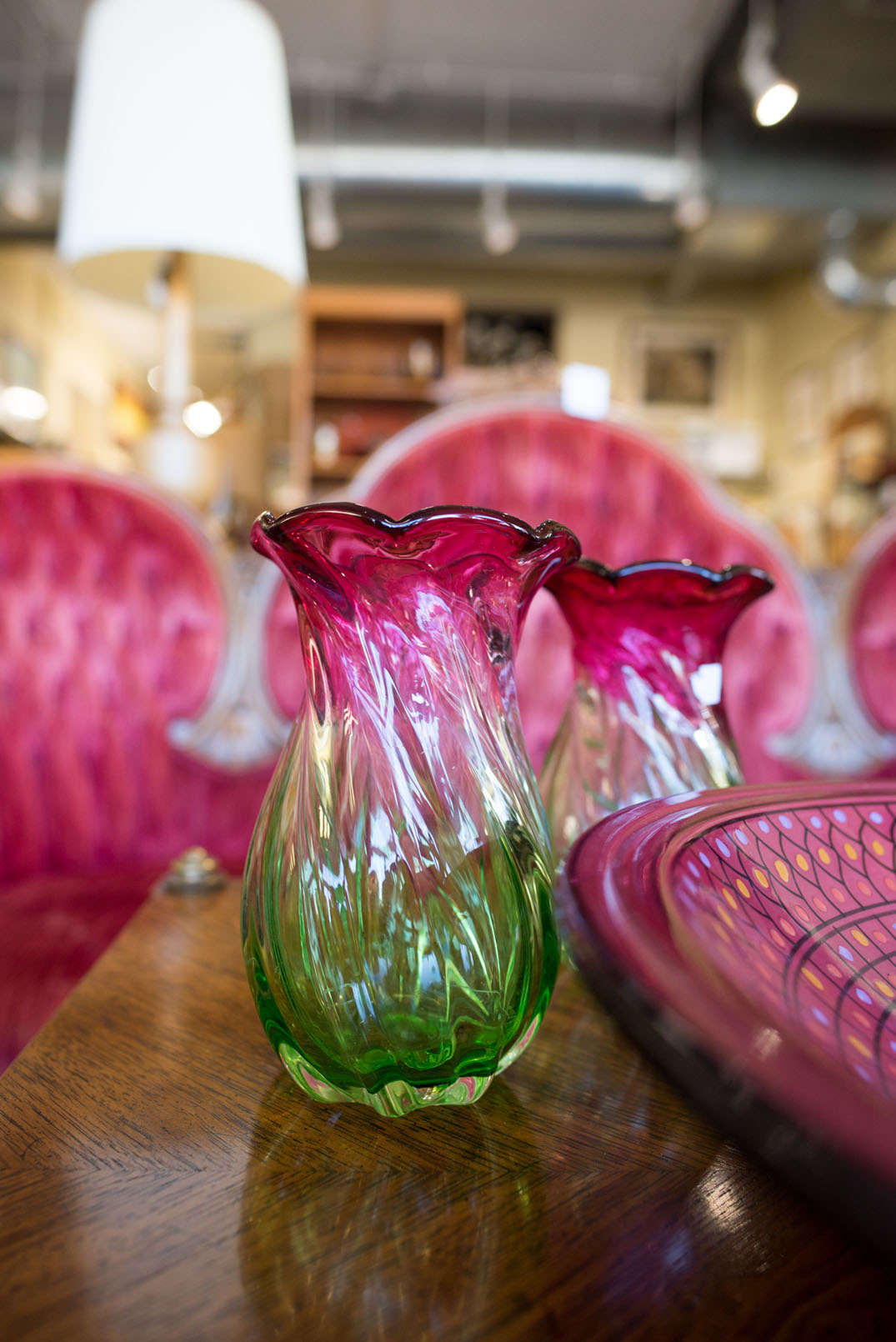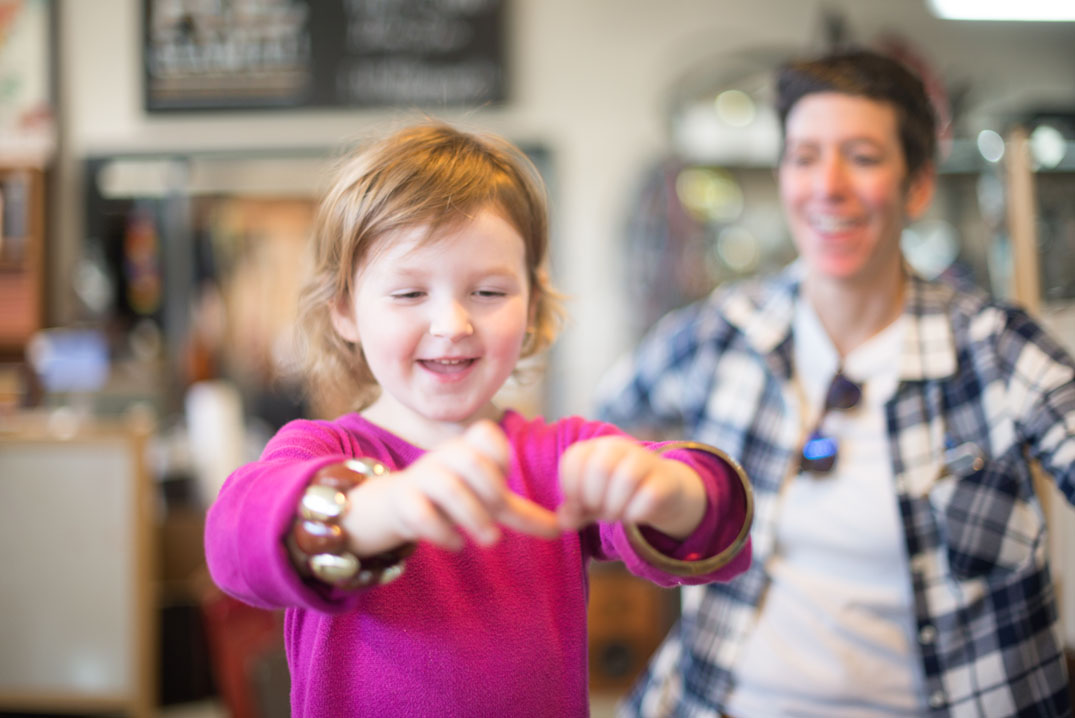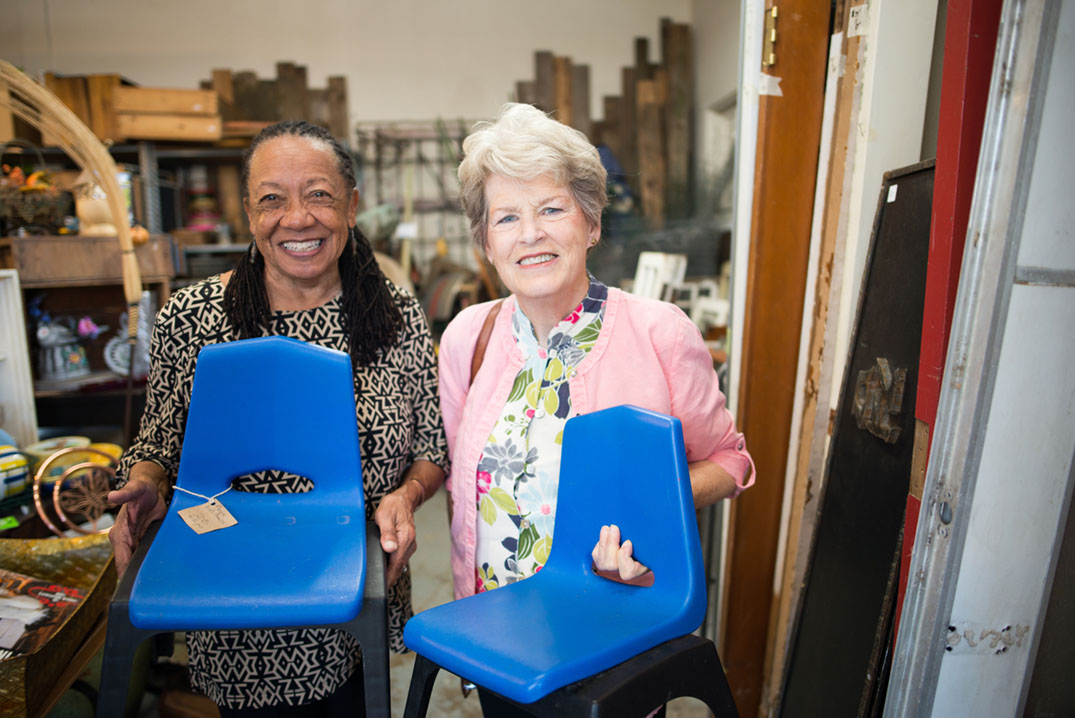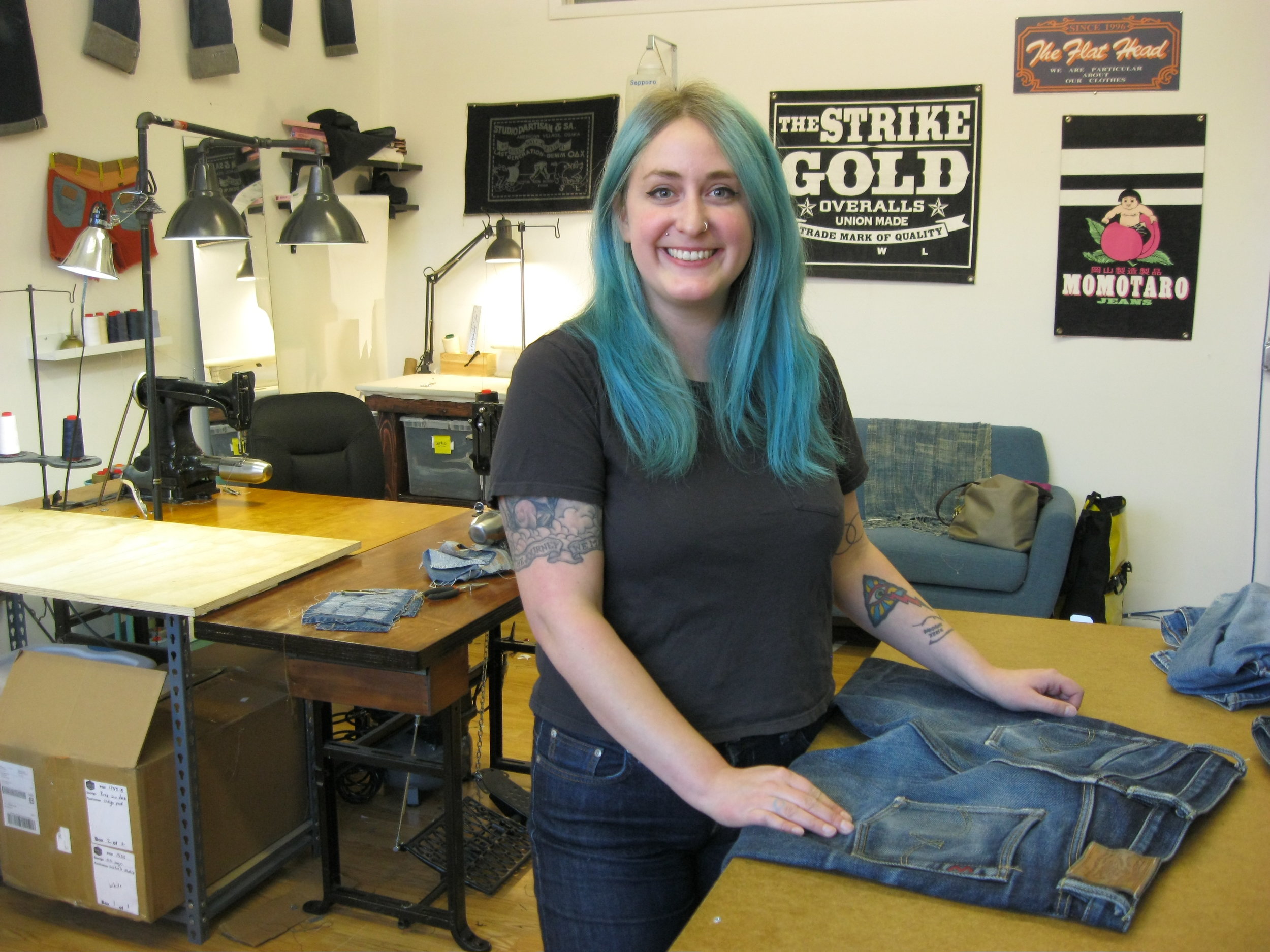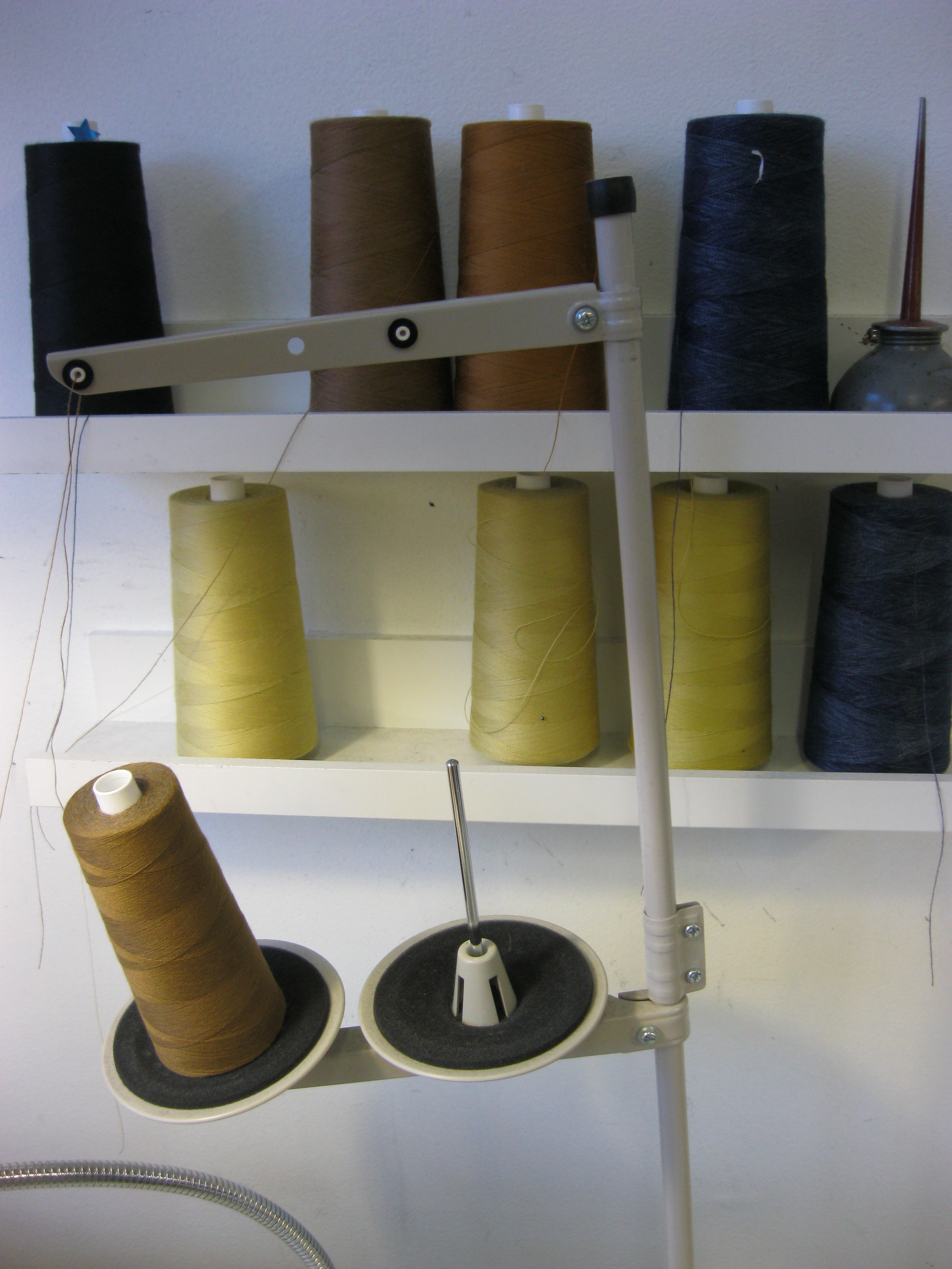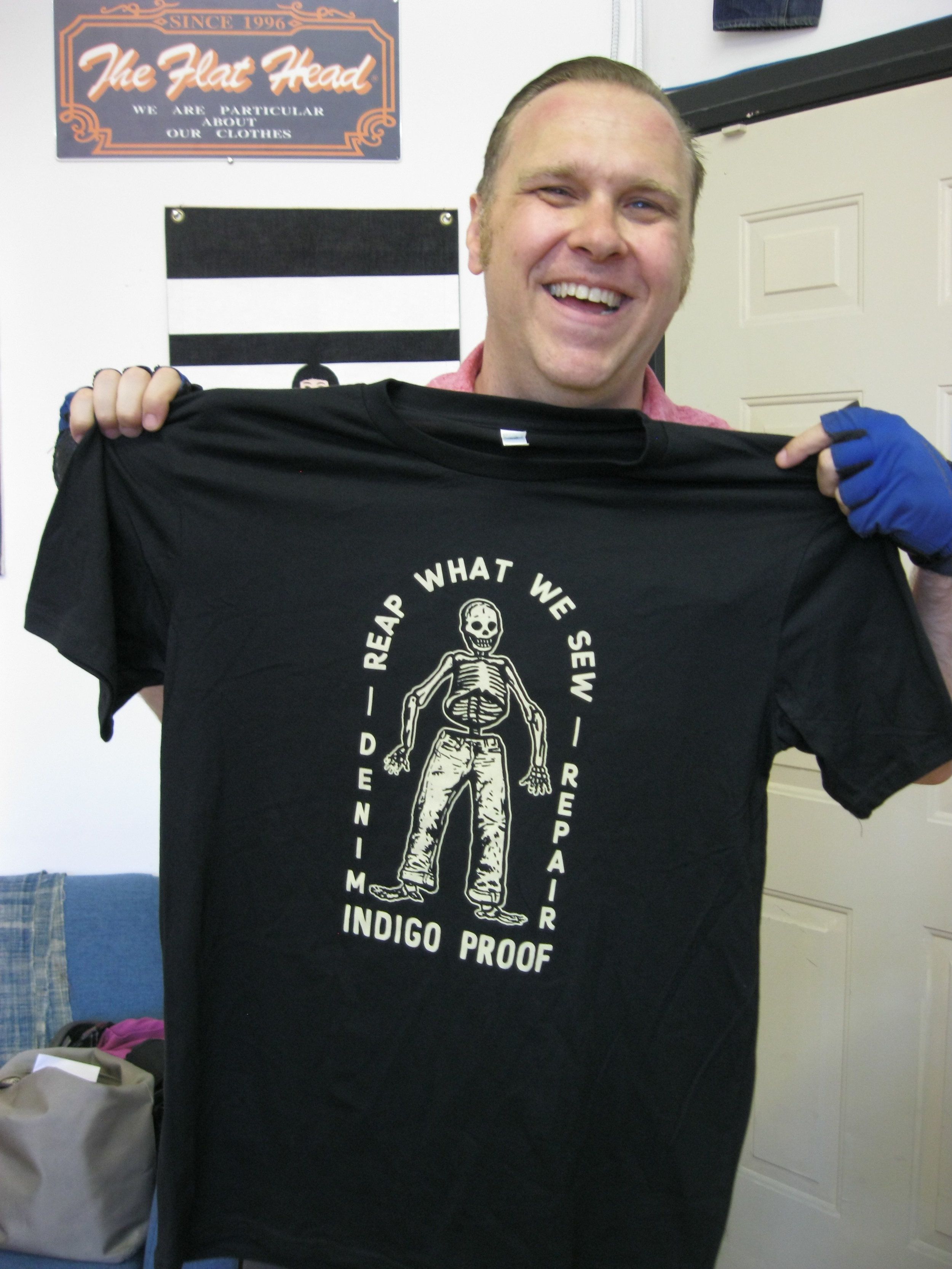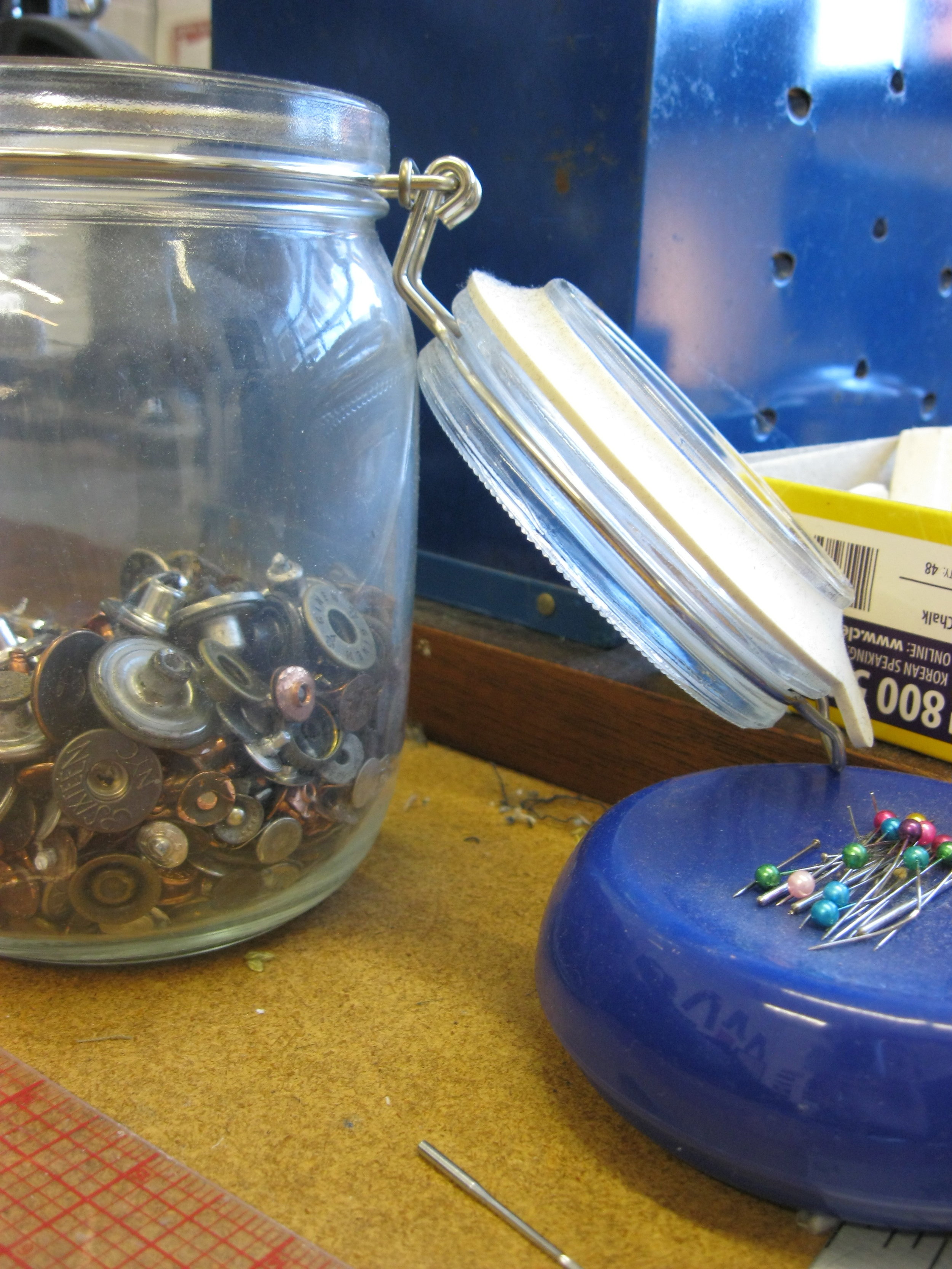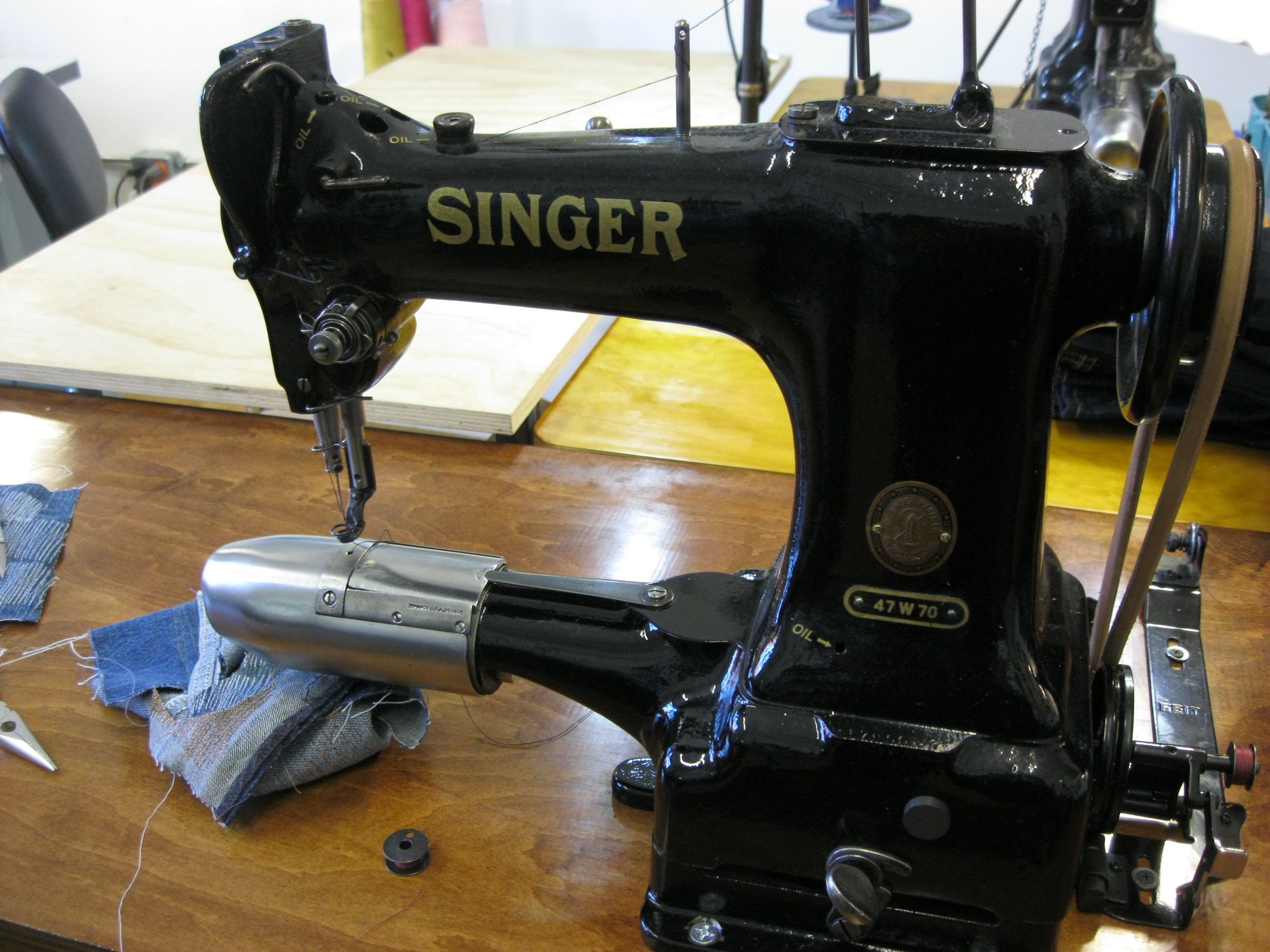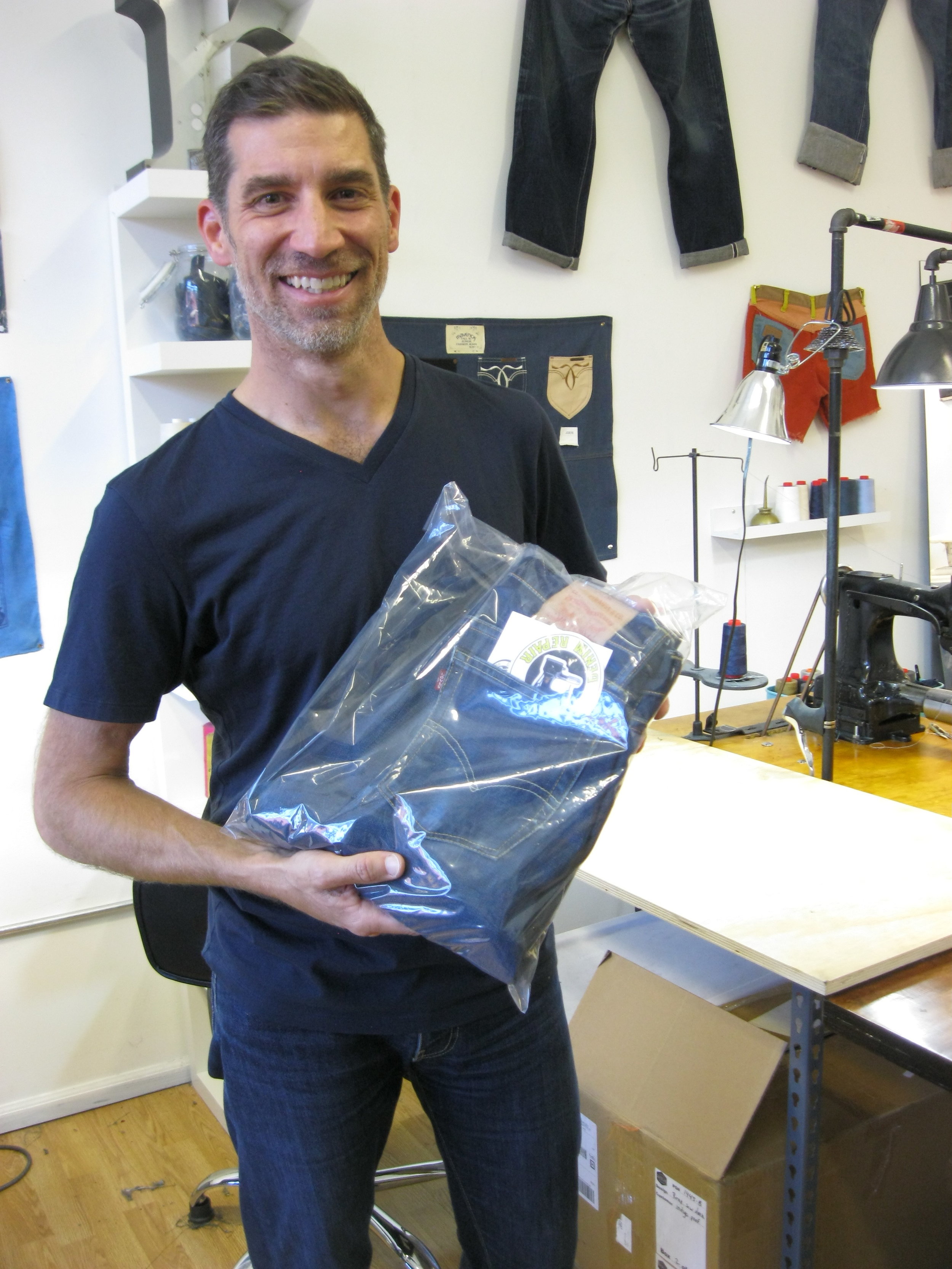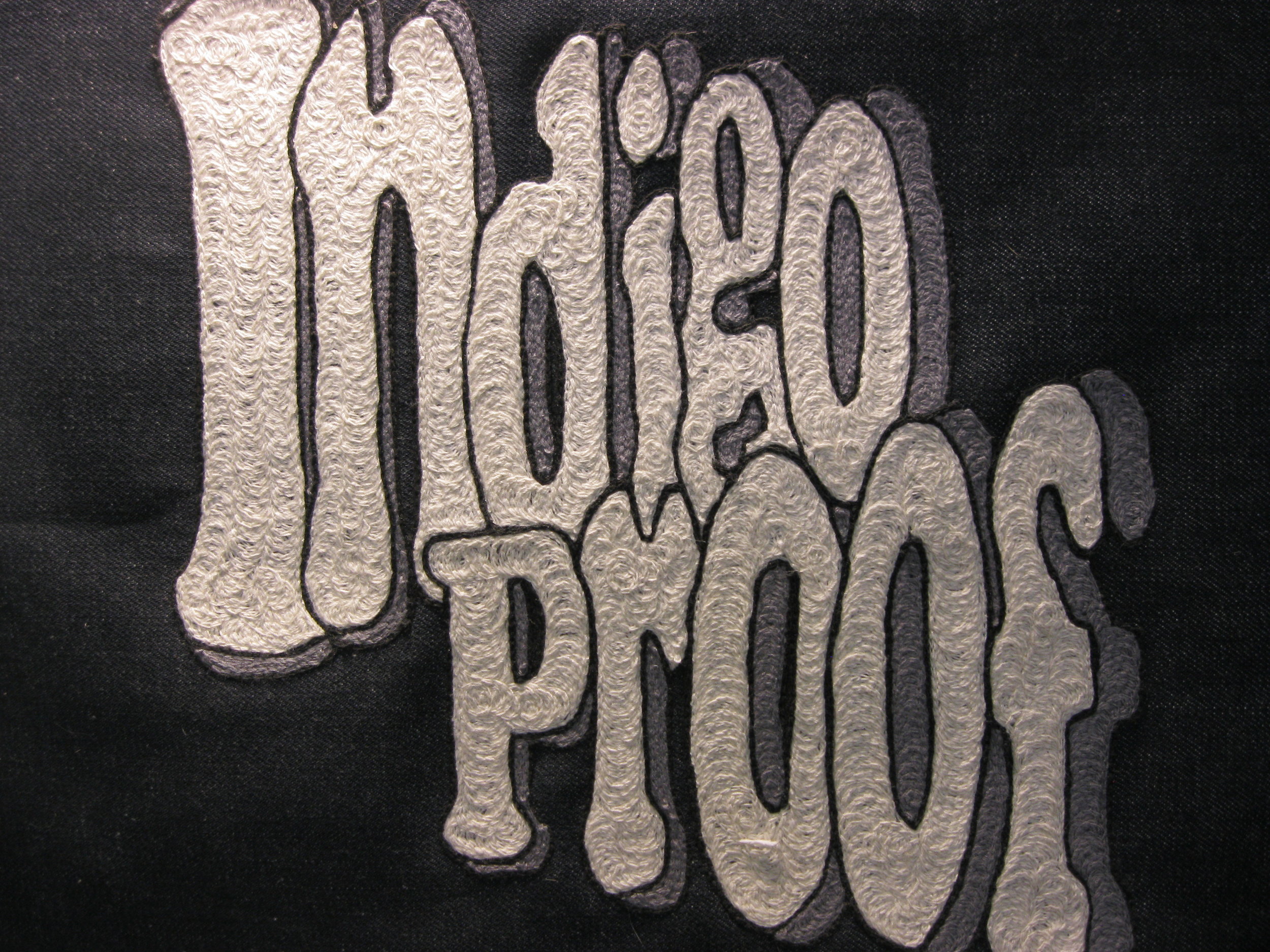What does Portland’s circular economy need to survive and thrive?
In 2021, reuse, repair, and share organizations were invited to participate in a needs assessment project as part of the Bureau of Planning and Sustainability (BPS) sustainable consumption and production work. This process included interviews, small group discussions, and surveys asking leading reuse organizations in Portland to evaluate the needs and current state of Portland’s circular economy.
Top needs
Five areas of support were raised by reuse organizations throughout the discussions and survey responses:
Space, location, and storage
Equity, diversity, and inclusion; accessibility; and climate justice
Communications and marketing
Capacity building and staffing support
Funding and grants
Next steps
Seven reuse, repair, and share organizations have formed a group – the Reuse Collective – and are meeting regularly to address the needs raised in the assessment.
To address the need of affordable spaces in convenient locations, BPS is exploring the creation of shared reuse, repair, and share spaces throughout Portland. These spaces would act as community hubs, offering more borrowing and sharing opportunities within neighborhoods. One current place is the Leaven Community in Northeast Portland. This is where many community organizations have space, including the Northeast Portland Tool Library and Kitchen Commons, and could be a model for future hubs.
BPS is also committed to continuing to use Resourceful PDX to share and promote community resources and events, elevate the upstream conversation of thoughtful consumption, and invest in community-led opportunities to rent, share, fix, and reuse goods.
Read the full report
2021 Needs Assessment of Portland-based Reuse, Repair, and Share organizations:
Download PDF file Executive Summary (947.74 Kb)
Download PDF file Overview (1028.08 Kb)
Learn more about sustainable consumption and production through local circular economy case studies.
Have an idea about ways to create a more circular economy in Portland, or support an existing reuse effort? Contact Resourceful PDX to share your ideas.



